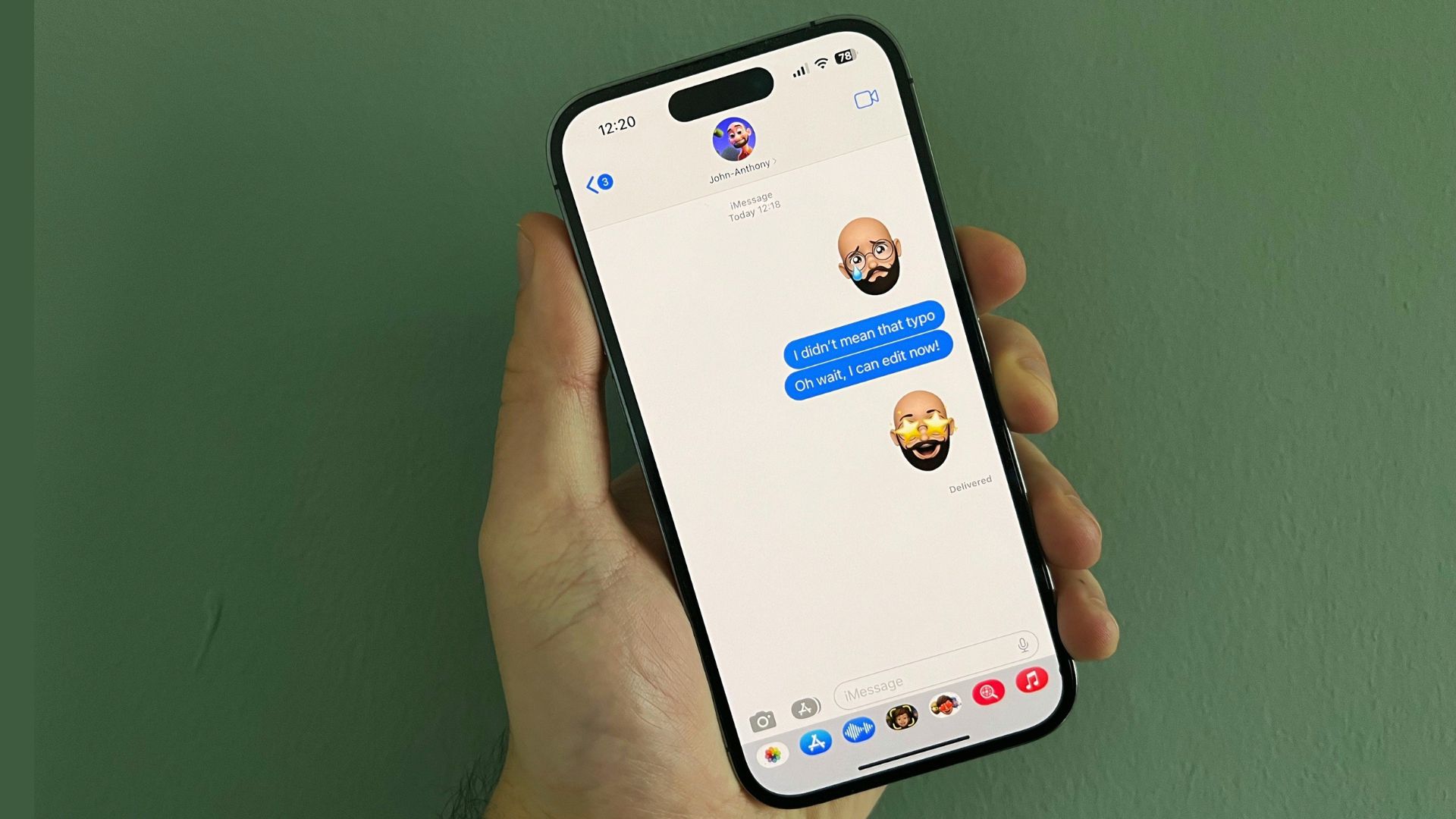Apple's refusal to allow iMessage on Android has it under Department of Justice investigation as the FTC watches
Everyone's watching Apple right now.

Apple's cat-and-mouse battle to prevent apps like Beeper Mini from bringing iMessage to Android has captured the attention of the tech industry of late, and it isn't a new conversation. Apps have been trying to find a way to bring the Apple-owned instant messaging platform to non-Apple devices for years, with varying degrees of success and privacy. Beeper Mini seemed to be one of the most successful, but it too found itself blocked recently. And that's caught the attention of people that Apple would probably rather not get involved with.
Apple's reasoning for not wanting to allow apps like Beeper Mini to piggyback off its servers and hook into a service it controls is that it opens the door to spam and other privacy or security-related issues. It's a problem that has long been something SMS and other instant messaging platforms have struggled with, and iMessage is no different. But Apple doesn't want to make the spammers' lives easy, and preventing third parties from directly connecting to its servers without its approval is part of that. But that isn't how everyone sees it.
Beeper, the parent company behind Beeper Mini, predictably says that Apple's real motivation here is to stifle competition and that the whole thing is anti-competitive. Others would tend to agree, and that's a problem that Apple has largely ignored to this point. The issue it's about to face is that it's difficult to ignore the problem when it involves two acronyms; DOJ, and FTC.
Pending investigation
Ignoring the Department of Justice isn't really an option for Apple, and a report in The New York Times claims that the DOJ is already looking into the Beeper Mini situation and whether Apple is doing something it shouldn't be — blocking access to iMessage for reasons other than privacy and security.
"The Justice Department has taken interest in the case," the report explains. "Beeper Mini met with the department’s antitrust lawyers on Dec. 12, two people familiar with the meeting said. Eric Migicovsky, a co-founder of the app’s parent company, Beeper, declined to comment on the meeting, but the department is in the middle of a four-year-old investigation into Apple’s anticompetitive behavior."
This follows calls from officials for an investigation into “whether this potentially anticompetitive conduct by Apple violated the antitrust laws.”
The DOJ isn't the only shark circling, either. The Federal Trade Commission (FTC) also seems to have one eye on Apple's messaging platform, although it hasn't explicitly said so.
Master your iPhone in minutes
iMore offers spot-on advice and guidance from our team of experts, with decades of Apple device experience to lean on. Learn more with iMore!
In a blog post shared this week, the FTC made it clear that companies pointing to privacy and security in the name of blocking access to services isn't going to fly. It doesn't take too much of a guess to assume Apple is the company being targeted.
"In the face of concerns about anticompetitive conduct, companies may claim privacy and security reasons as justifications for refusing to have their products and services interoperate with other companies’ products and services," the FTC says. "As an agency that enforces both competition and consumer protection laws, the Commission is uniquely situated to evaluate claims of privacy and data security that implicate competition."
The game is afoot
There now seems little to suggest that Apple won't now come under increasing scrutiny surrounding iMessage and its claims of privacy and security.
But this all ignores the question of whether Apple should be forced to allow a third party access to its own servers and services to take those services to a competing platform. That's a question that will be on many lips right now.
More from iMore

Oliver Haslam has written about Apple and the wider technology business for more than a decade with bylines on How-To Geek, PC Mag, iDownloadBlog, and many more. He has also been published in print for Macworld, including cover stories. At iMore, Oliver is involved in daily news coverage and, not being short of opinions, has been known to 'explain' those thoughts in more detail, too. Having grown up using PCs and spending far too much money on graphics card and flashy RAM, Oliver switched to the Mac with a G5 iMac and hasn't looked back. Since then he's seen the growth of the smartphone world, backed by iPhone, and new product categories come and go. Current expertise includes iOS, macOS, streaming services, and pretty much anything that has a battery or plugs into a wall. Oliver also covers mobile gaming for iMore, with Apple Arcade a particular focus. He's been gaming since the Atari 2600 days and still struggles to comprehend the fact he can play console quality titles on his pocket computer.
